What looks good in Excel doesn't always translate well to production. Startups need to keep this in mind.
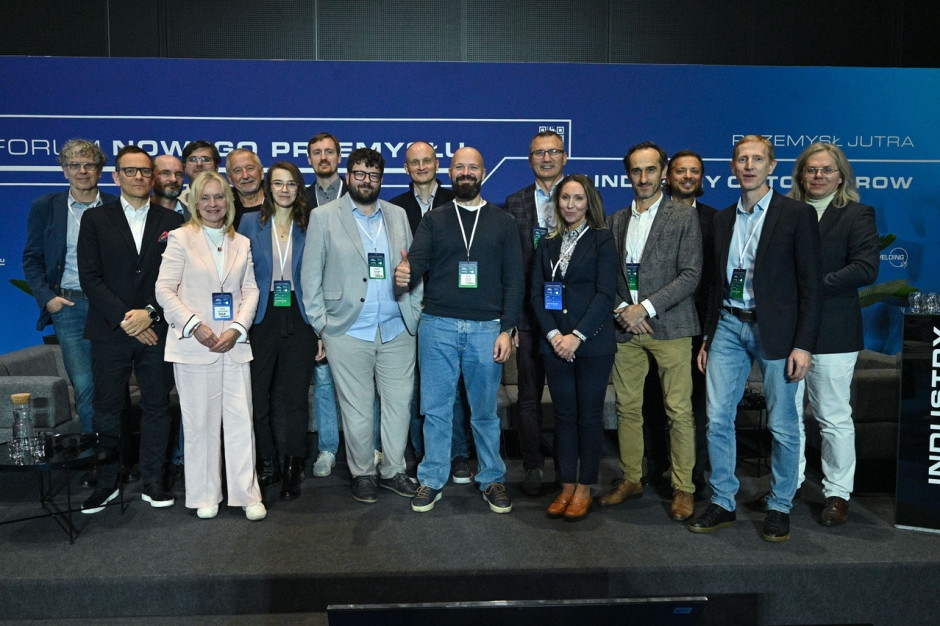
- Marta Andrzejewska, project manager at AGC-POLAND, a company that took advantage of the "Go Global" track in the acceleration program organized by Industry Lab, drew attention to the difficulties associated with adapting technology to production.
- PARP encourages start-ups to cooperate closely with technology recipients.
- Not all optimizations produce results that make a company risk introducing innovation.
- The discussion panel: " From pilot to scaling – how the industry can implement startup innovations faster " was part of DemoDay organized during the New Industry Forum in Katowice.
During the "DemoDay - From Pilot to Scaling - How Industry Can Implement Startup Innovations Faster" panel, held at the New Industry Forum in Katowice , startups participating in the six-month acceleration program organized by Industry Lab presented their work. They collaborated across three available acceleration paths. The first involves collaboration with technology buyers, the second with partners and investment funds, and the third path, "Go Global," involves international expansion.
Marta Andrzejewska, project manager at AGC-POLAND , a company that has benefited from the " Go Global" path, highlighted the challenges associated with adapting technology to production. AGC-POLAND installs cameras responsible for analyzing key stages of the production process at the facilities of the Italian company PEL, which manufactures specialized machinery.
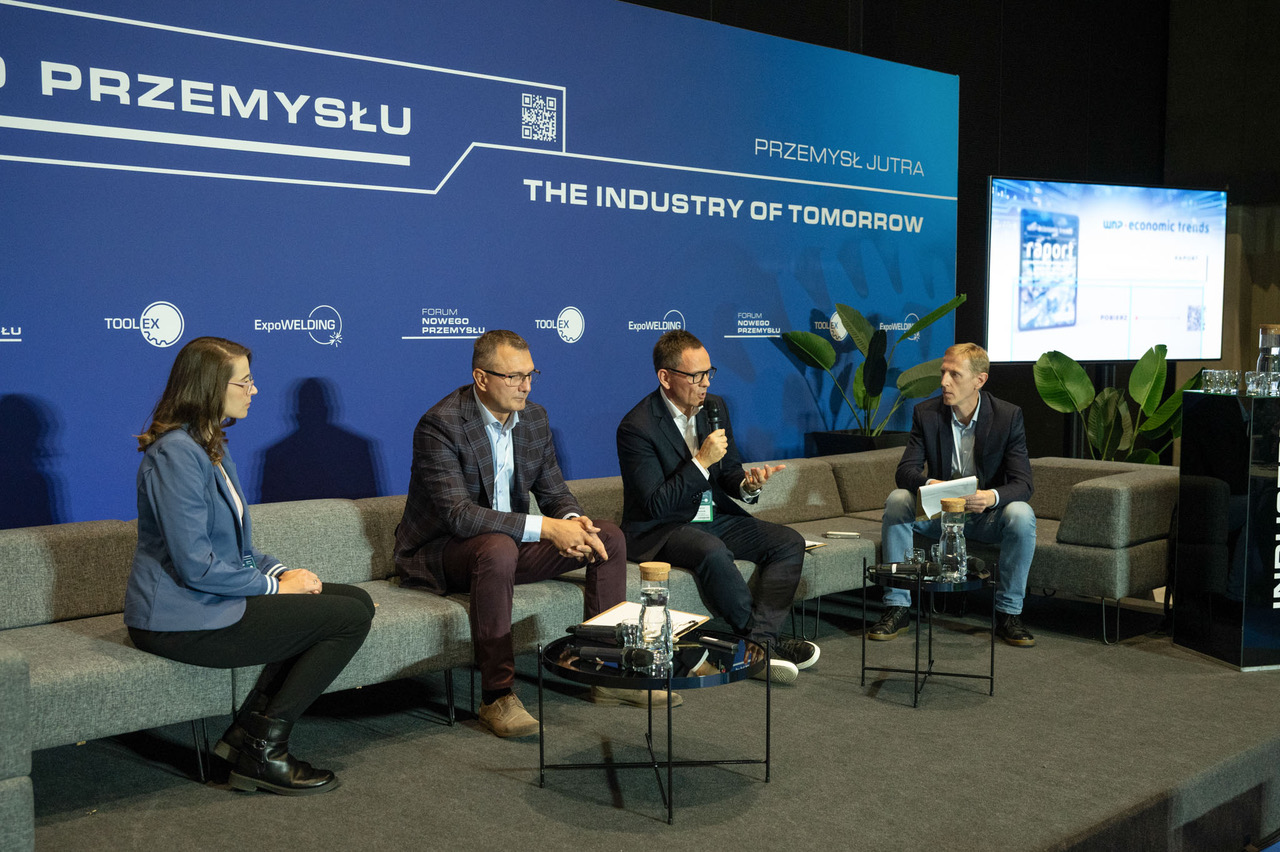
The AGC-POLAND representative emphasized that entering into cooperation with the Italian company PEL encountered certain technical difficulties: "We had everything prepared on paper, but in the end, we were faced with the reality of production. One specific thing that surprised us was that the components produced at the PEL plant were rotating. We hadn't anticipated this at all, that they would rotate, and that the top and bottom moments of, for example, the component wouldn't coincide. We had to modify our code to connect these components," the AGC-POLAND representative explained.
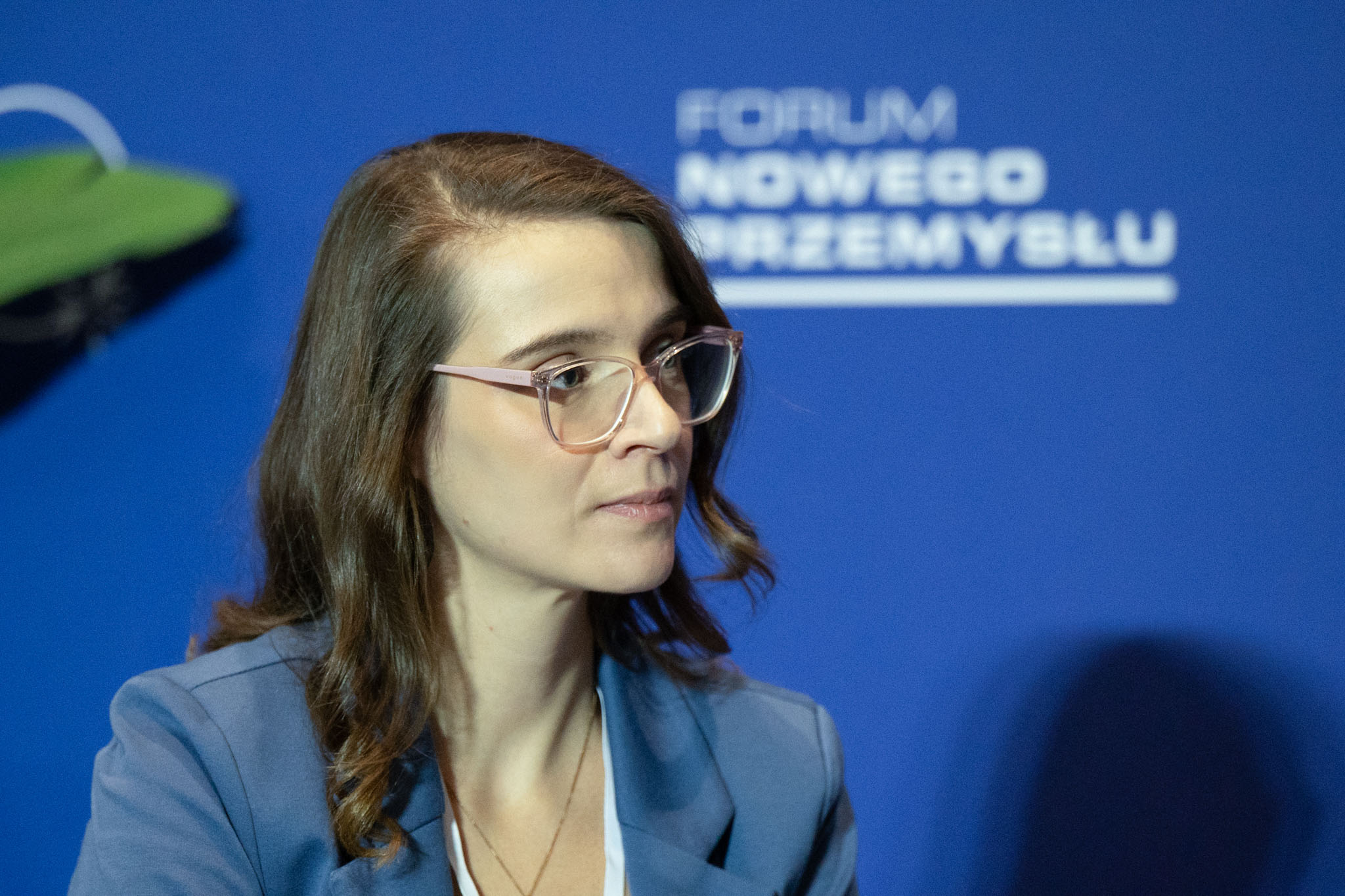
Later in her speech, Andrzejewska emphasized that it is important in the process of implementing technology into production to get to know the entire team responsible for this process.
This operating model is also recommended by the Polish Agency for Enterprise Development. "Implementing technology by businesses requires understanding all stages of its creation in order to ensure its absorption," emphasized Marcin Seniuk, director of the Startup Development Department at PARP .
The PARP representative also said that activities between the accelerator, which is the keystone of market knowledge, the start-up as the technology supplier and the technology recipient should be built at every stage of cooperation.
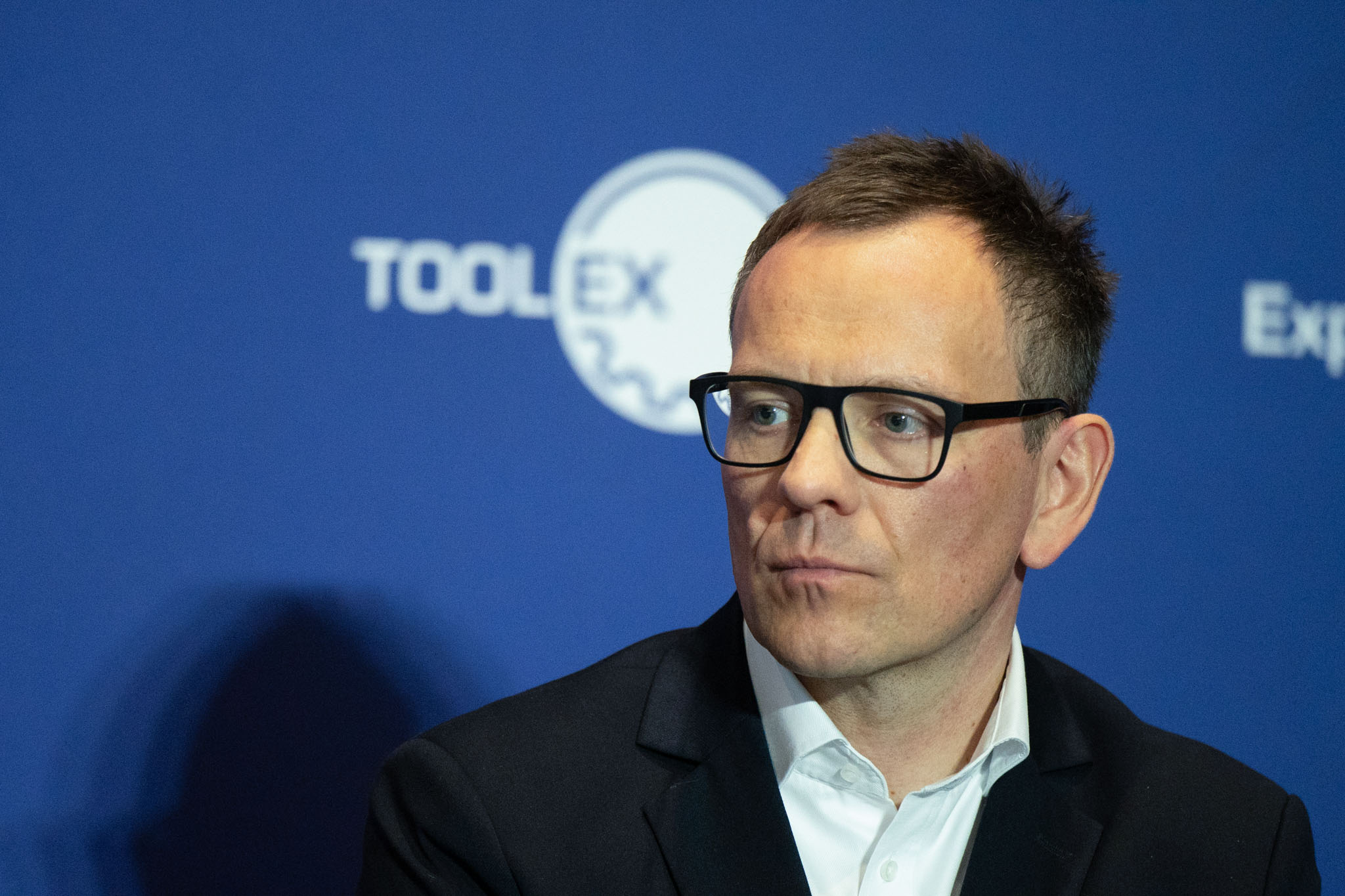
Leszek Plich, representative of EcoReg, a start-up providing optimization technologies in the energy sector, also confirmed the urgent need to coordinate its activities with a business partner.
"We determined the economic results the client would like to achieve, and only then did we begin to answer the question of what to do to achieve those conditions. We are not only pioneers in ecological solutions, but above all, economic ones, because our entrepreneurs must be competitive. One of these cost drivers for businesses today is our Polish energy. And this is the key to starting from the client's needs and tailoring a specific solution to the client," emphasized Leszek Plich, COO, Business Development Manager, EcoReg . At the same time, he noted: "We need to approach innovation with caution, because often the savings resulting from our optimization can be disproportionately small compared to the losses the client could generate if something goes wrong."
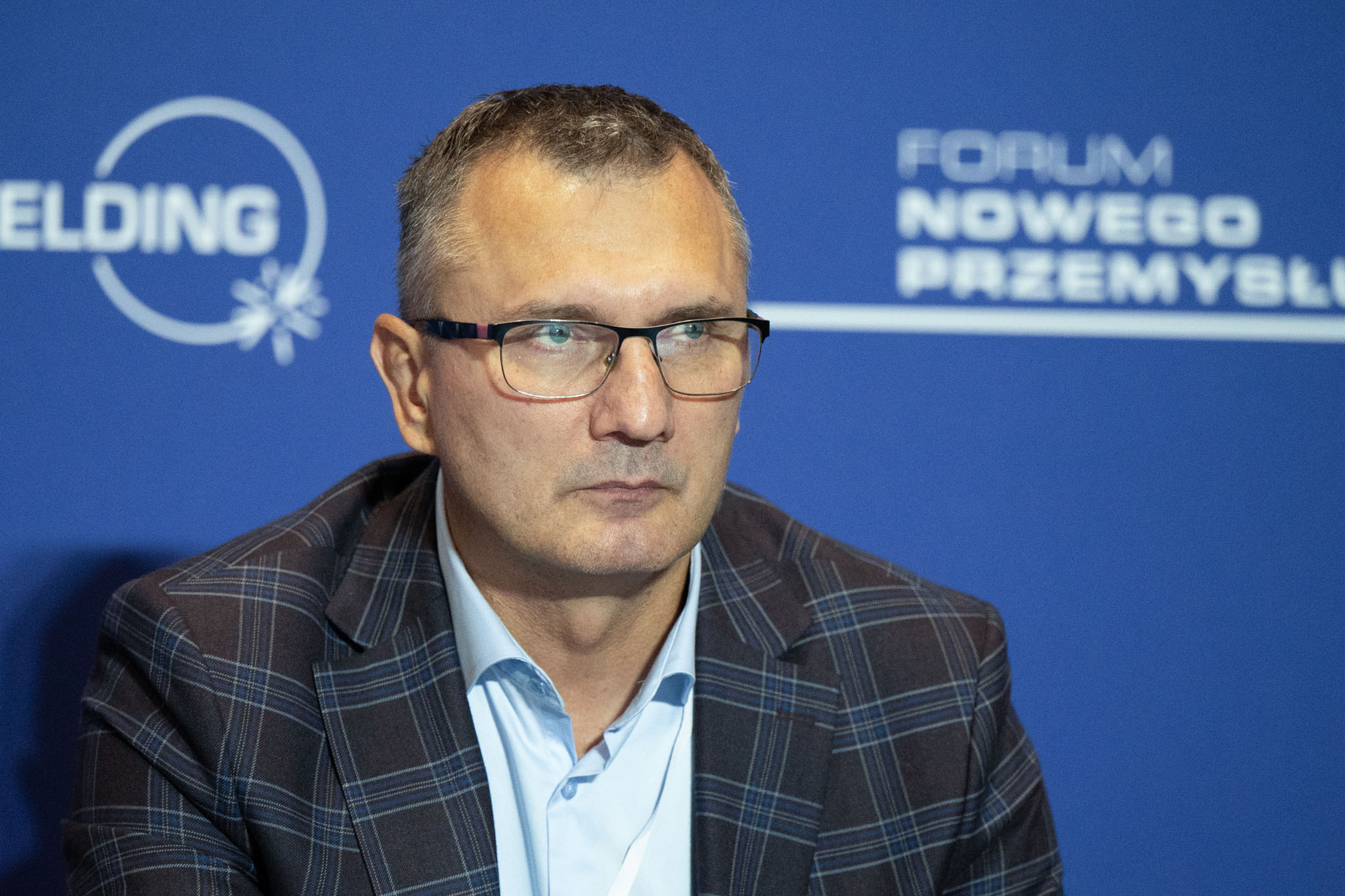
In the second part of the session, startups were invited to present their work. Participants included Robert Głąbowski, project manager at Arvena; Marta Andrzejewska, project manager at AGC-POLAND; Jacek Barankiewicz, board member, Business Development Manager, Roadmind System; Grzegorz Bednarski, co-founder, DES Vision; Vlad Kozak, CEO, Postup Solutions; Grzegorz Kubiak, EcoReg; Zbigniew Ligenza, senior engine developer, Imaginer VR; Jakub Marciniak, product owner and CTO, Liftem; Edward Michalski, chief legal officer, Liftem; Leszek Plich, COO, Business Development Manager, EcoReg; Paweł Prociów, senior consultant, Startup Computer; Rafał Tomczak, CTO, Postup Solutions; and Piotr Żółtowski, CEO, Roadmind System.
Watch the report from "DemoDay - from pilot to scale - how industry can implement startup innovations faster":
wnp.pl




